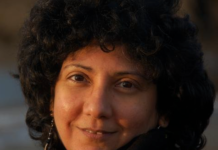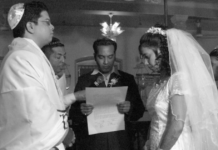
In colonial Bombay, this research investigates cultural contact and spread. It investigates the connection between India’s little-known Bene Israel Jewish community and Protestant missionaries, focusing on Hebrew language training. While Cochin Jews taught the Bene Israel Jewish liturgy and customs of worship in the eighteenth and nineteenth centuries, the Bene Israel learned Hebrew and Biblical knowledge mostly from nineteenth-century Protestant missionaries. The Bene Israel community was a Konkan jati with little understanding of Judaism at the turn of the nineteenth century. By the turn of the century, however, the community had evolved into an Indian-Jewish community that was generally comparable to other Jewish communities. This dissertation examines how this shift occurred, describing the substance, motivation, and methods by which British and American missionaries, as well as, to a lesser extent, Cochin Jews, taught Jewish knowledge to the Bene Israel. It reconstructs the Bene Israel perspective in these interactions and their attitude toward the Christian missionaries who worked among them through a critical investigation of overlooked English and Marathi sources. It shows that the Bene Israel were active participants and selective consumers in their interactions with the missionaries, obtaining what they desired most from the encounter: knowledge of the Old Testament and the Hebrew language. In the end, the Protestant missionaries’ education did not convert the Bene Israel to Christianity but rather strengthened and altered their Judaism.




